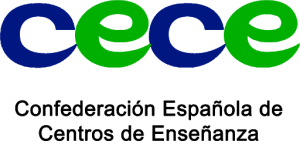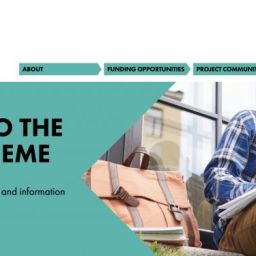
 To guarantee the quality of any vocational educational training, the commitment and the competence of both teachers and trainers is crucial. They are responsible for strengthening the connection between all stakeholders involved, and the learning resources that these teachers have access emerge here as complementary tools that shapes and guides the path of their students.
To guarantee the quality of any vocational educational training, the commitment and the competence of both teachers and trainers is crucial. They are responsible for strengthening the connection between all stakeholders involved, and the learning resources that these teachers have access emerge here as complementary tools that shapes and guides the path of their students.
In general, there’s interdependent factors that are essential for VET training practice, such as programme development, programme delivery, the professional educator and programme review, among others. These factors contribute to an integrated approach of teaching, training, learning and assessment, focusing on the excellence of the learning outcomes. The key to success is close monitoring and targeted support for each factor’s set of indicators. The aim is continuous practice improvement, and simultaneously, extending organisational capability and capacity.
Essentially, the realisation of continuous development in education exercises relies on thorough planning, cautious execution, and successful professional development. In turn, each of the processes and activities depends on well-informed, consistent, and reliable evidence-based judgments about all aspects of organisational performance and capability. The challenge for each VET training provider is to evaluate and examine its operations, to establish and perform plans, and processes for constant improvement.
Online libraries and free online websites can be a good start for VET trainers to develop a

nd study their approach according to their specific area. ‘Commons Open Educational Resources’ (www.oercommons.org) is one of those examples. This website has created more than a shift in content, it is an immersive experience in collaborative teaching and learning. These open educational resources can help to expand the role of trainers, helping them to become successful in their programmes. In sharing trainers’ tools and strategies, educators do network, strengthen their skills and improve the quality of education for their students.
To master a specific skill, coursera (www.coursera.org) offers specialization courses. On this platform hundreds of free courses and a series of rigorous courses at every pace are available. Attendants can obatin a Specialization Certificate after completion. From emotional learning in class to new designs and practices for teachers, this platform is offering complete courses for all educational fields.
Alison is another good platform example. Alison (www.alison.com) has 10 high quality Education courses available and over 2,000 courses across 9 distinct categories of learning, all absolutely free of charge. All online courses are self-paced and have been designed by education experts and universities, to give attendees an interactive and enriched learning experience. Depending on the learning goal, people can choose from either Education Certificates Courses (average time: 2-3 hours), which help to focus on learning and provide specific expertise in a field, Education Diploma Courses (average time: 8-10 hours), which are designed to give a more extensive understanding of a subject area, or Learning Paths (average time: 18-20 hours), which are a combination of niche courses that have been specially designed by experts.
There’s also EDX. EdX (www.edx.org) offers online education courses covering a broad range of topics from educational policy and history to curriculum design and teaching techniques. People can explore case studies in teaching and learn about how technology is increasing access to quality education on an unprecedented scale.
Information provided by Eduwork.Net partner La Confederación Española de Centros de Enseñanza (CECE)








